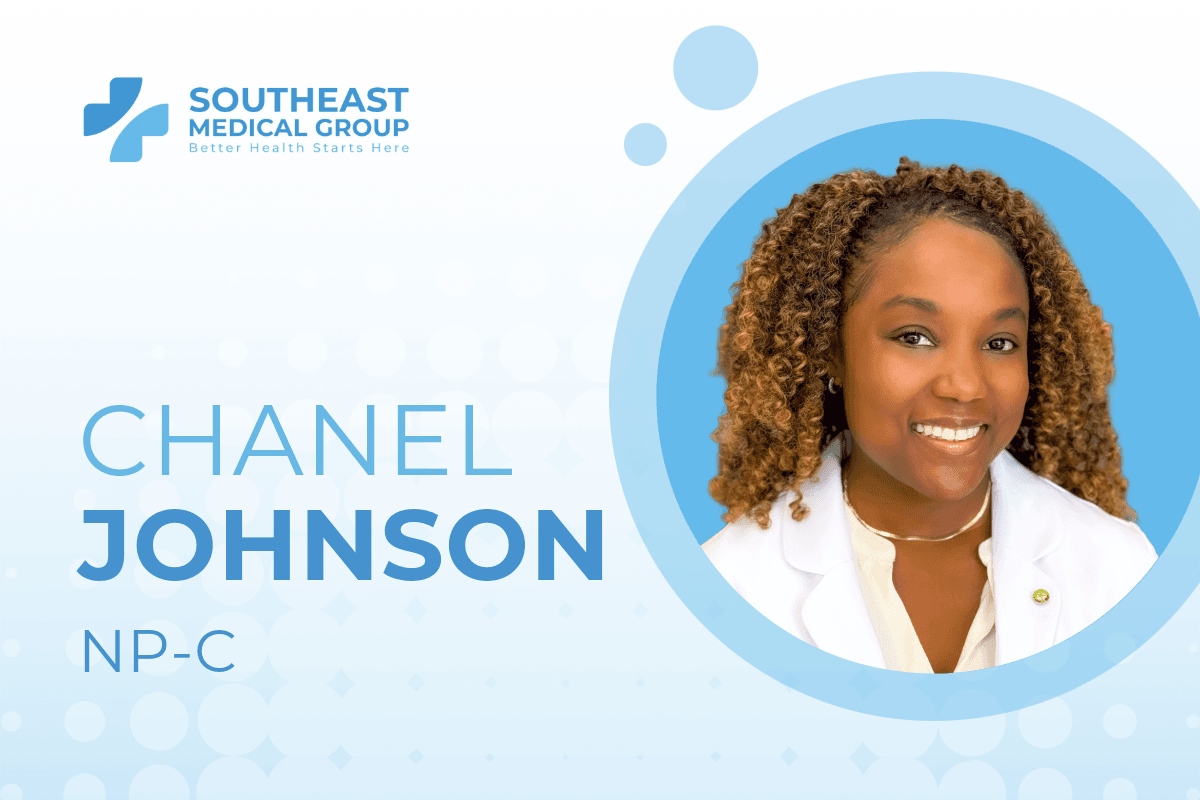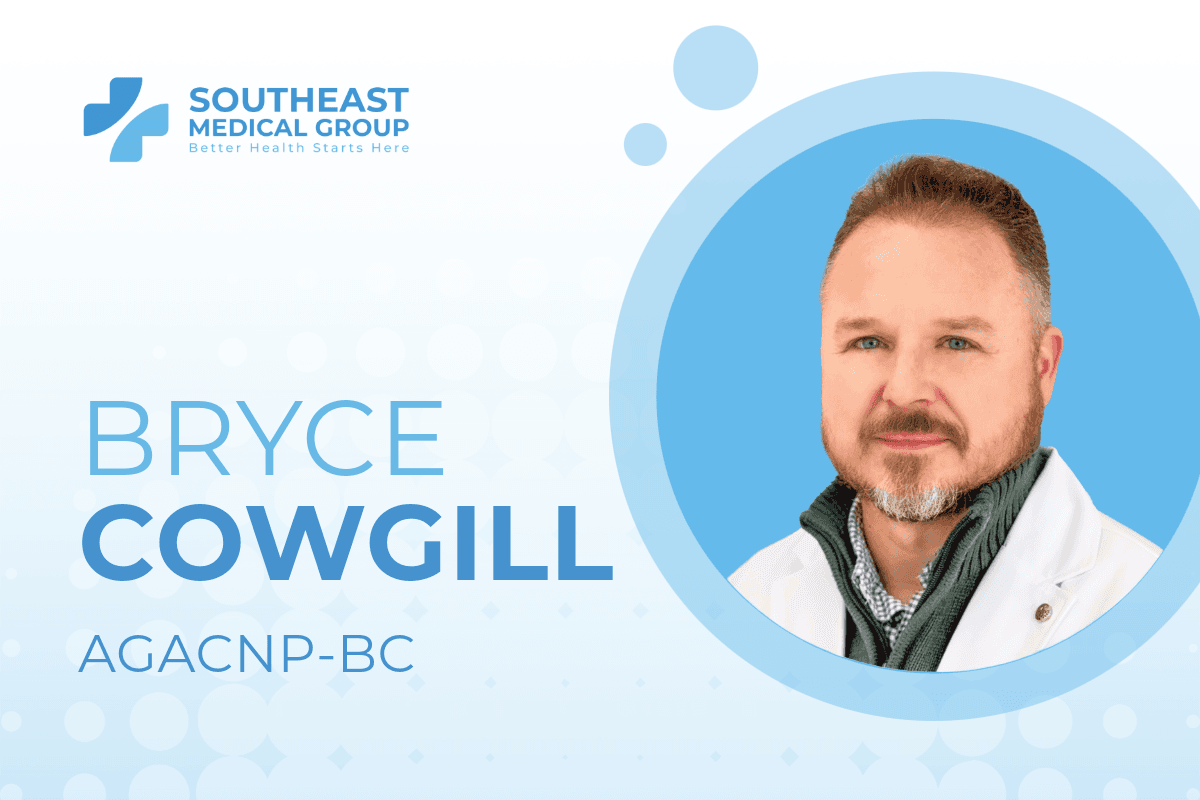Article written by Dr. Vernisha Hearn
As a healthcare provider, one of the most common questions I receive from patients is, “What diet is right for me?” It’s no secret that there are countless diets out there, each with its own set of rules and promised benefits. With so many options, it can be overwhelming and confusing to determine which one is right for you.
In this blog, I’ll provide an overview of some of the most popular diets, and whom they may or may not benefit. As always, it’s important to consult with a healthcare provider before starting any new diet.
Mediterranean Diet
The Mediterranean diet is based on the traditional foods and drinks of the Mediterranean region. This is less of a diet and more of a generalized meal pattern that emphasizes whole grains, fruits, vegetables, fish, and healthy fats (such as olive oil). It discourages high amounts of red meat, meat products, and processed carbohydrates. This plan has been shown to lower the risk of heart disease, stroke, and certain cancers. It’s a great option for anyone looking to improve their overall health, but especially for those with a family history of heart disease.
Ketogenic Diet
The ketogenic diet is a high-fat, moderate protein, very low-carbohydrate diet that aims to put the body into a state of ketosis, where it burns fat for fuel instead of carbohydrates. This diet has been shown to be effective for weight loss and may also improve blood sugar control and reduce the risk of certain neurological conditions. However, it may not be suitable for everyone, particularly those with certain liver and pancreatic issues.
Paleo Diet
The paleo diet is based on the foods that our hunter-gatherer ancestors consumed. It eliminates processed foods, grains, legumes, dairy, and refined sugar. Supporters of this diet argue that it can help with weight loss, reduce inflammation, and improve overall health. However, it may not provide all the necessary nutrients for optimal health and thus may be difficult to sustain long-term.
Whole30 Diet
The Whole30 diet focuses on eliminating all grains, dairy, legumes, added sugars, and processed foods from your diet for 30 days. The idea behind this diet is to eliminate potentially inflammatory foods and reset your metabolism and digestive tract. It may be beneficial for those with digestive issues but also may not be sustainable long-term due to its restrictive nature.
Vegan Diet
A vegan diet eliminates all animal products, including meat, dairy, and eggs. This diet may be beneficial for those looking to reduce their environmental impact, improve overall health, or for ethical reasons. It may specifically be beneficial in reducing blood pressure and LDL (bad cholesterol) which reduces the risk of heart disease and certain cancers. However, it’s important to ensure adequate protein and nutrient intake, particularly vitamin B12, which is primarily found in animal products.
Intermittent Fasting
Intermittent fasting involves cycling between prolonged periods of fasting and eating during defined periods of time. Any of the diets discussed above can be incorporated into an intermittent fasting eating plan. Benefits include reducing daily caloric intake, weight loss, blood sugar and blood pressure control. Though it has several benefits, this dietary plan may have harmful effects in those taking certain medications, such as insulin.
Ultimately, selecting the best dietary plan for you depends on your individual needs, preferences, and lifestyle. It’s important to choose a dietary plan that is sustainable long-term and provides all the necessary nutrients for optimal health. I often tell my patients, “The best diet is the one you will follow.” This phrase is a simple starting point, but several other factors must be included. Consult with a healthcare provider or registered dietitian to determine the best dietary plan for you.



